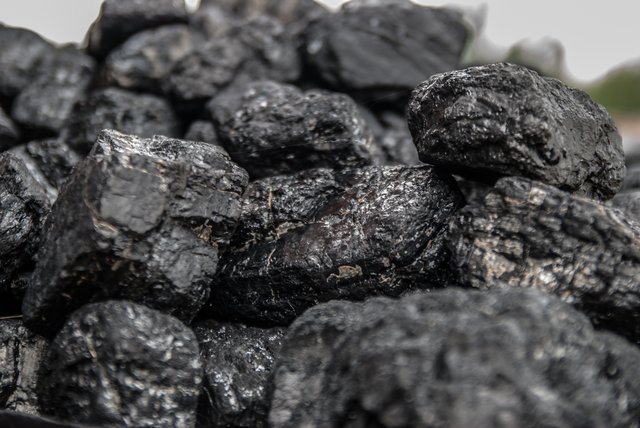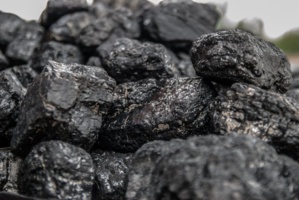The Government of Poland has made a deal with the trade union for “gradually” closing “coal mines by 2049”.
Most of Poland’s power requirements are met with coal produced energy and happens to be the “only European Union state” to not pledge towards “carbon neutral by 2050”, as the ruling party needed further time and additional money to carry out the transition to cleaner energy.
In the past, the miners had also taken to violent protests, as a result the government has been “wary of falling out with powerful unions”. Nevertheless, the COVID-19 crisis along with the climate policies of the EU acted as a push for Poland to take “more decisive steps over the loss-making sector”.
By arriving at the closure plans of mines situated in the “southern Silesia region” brings a conclusion to the long talks between the government, the trade union, and “top coal producer PGG” which dealt with restructuring plans of the industry and also the “miners’ underground protests against the closures”. The said step was taken followed by hundreds of Poles, mostly young ones, coming on the “streets of Warsaw as part of global protests calling” urging “more steps to tackle global warming”.
As the news came out, PGE, the biggest manufacturer of power in Poland, saw over twenty percent jump in its shares indicating the end of “uncertainty over the sector”. Both, the government and the union, informed that “no compulsory redundancies” will be observed with workers who move to “mines that remain open until they retire”.
However, the closure details are yet to be revealed while Reuters saw a list wherein “Pokoj mine in Ruda Slaska” is likely to shut down in 2021. Furthermore, Reuters also reported that Wujek mine could become “a part of another PGG mine next year”. While, added Reuters:
“The last mines to be closed in 2049 will be Chwalowice and Jankowice in the town of Rybnik, considered PGG’s most efficient”.
According to an Official from the State Asset Ministry, Artur Sobon:
“This is the direction of Poland’s mining and energy sector transformation. We are following the EU policies”.
References:
reuters.com
Most of Poland’s power requirements are met with coal produced energy and happens to be the “only European Union state” to not pledge towards “carbon neutral by 2050”, as the ruling party needed further time and additional money to carry out the transition to cleaner energy.
In the past, the miners had also taken to violent protests, as a result the government has been “wary of falling out with powerful unions”. Nevertheless, the COVID-19 crisis along with the climate policies of the EU acted as a push for Poland to take “more decisive steps over the loss-making sector”.
By arriving at the closure plans of mines situated in the “southern Silesia region” brings a conclusion to the long talks between the government, the trade union, and “top coal producer PGG” which dealt with restructuring plans of the industry and also the “miners’ underground protests against the closures”. The said step was taken followed by hundreds of Poles, mostly young ones, coming on the “streets of Warsaw as part of global protests calling” urging “more steps to tackle global warming”.
As the news came out, PGE, the biggest manufacturer of power in Poland, saw over twenty percent jump in its shares indicating the end of “uncertainty over the sector”. Both, the government and the union, informed that “no compulsory redundancies” will be observed with workers who move to “mines that remain open until they retire”.
However, the closure details are yet to be revealed while Reuters saw a list wherein “Pokoj mine in Ruda Slaska” is likely to shut down in 2021. Furthermore, Reuters also reported that Wujek mine could become “a part of another PGG mine next year”. While, added Reuters:
“The last mines to be closed in 2049 will be Chwalowice and Jankowice in the town of Rybnik, considered PGG’s most efficient”.
According to an Official from the State Asset Ministry, Artur Sobon:
“This is the direction of Poland’s mining and energy sector transformation. We are following the EU policies”.
References:
reuters.com






